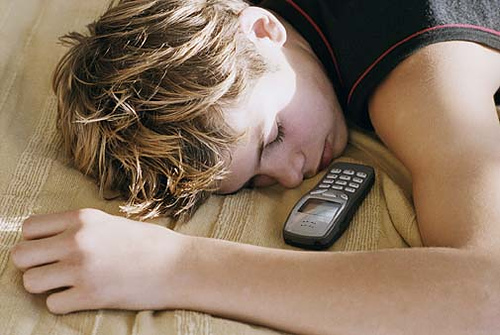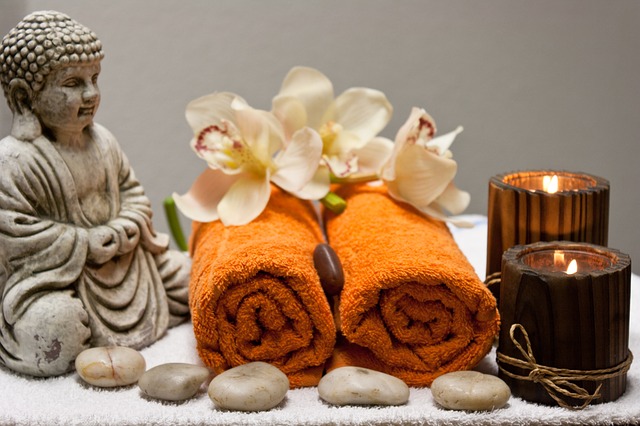
Nearly every college student has heard the “choose two and neglect the third” saying at some point in their four-year experience. The urban legend suggests that most students excel in two of the three given areas of the triangle — sleep, social life and grades — but naturally sacrifice the fulfillment of the third while doing so. Some establishments have taken this theory so seriously that they have gone through the lengths of fleshing out even more in-depth triangles, such as that created by Uday Mehta from UC Berkeley’s Golden Bear Blog. In the article, Mehta claims that the dilemma is more accurately portrayed by a hexagon, whose sides include “good grades, enough sleep, free time, research, relationships and work.”
“choose two and neglect the third”
So it goes, in order to be successful in college, one has to choose what areas they want to thrive in but at the price of suffering in another. However, college doesn’t have to be that way. You can indeed get by without sacrificing anything if you learn how to moderate yourself along the way. In this three-part series titled “Defeating the College Triangle,” we aim to assist you in mastering each of the three sides of the College Triangle. Hopefully, you can learn how to maintain your own as a perfect — with of course a few irregularities here and there — equilateral.
SIDE 1: SLEEP
Of course, we cannot start this discussion without first talking about sleep. It’s one of the most discussed topics on every college campus — think of how many times you’ve heard people utter “I’m so tired” and “I can’t wait to go back to bed” whenever there’s nothing else to say in a conversation. There’s really no surprise in that since it appears that most college students are not getting enough sleep, or at least feel that way. According to the U.S. National Library of Medicine, “50% (of college students) report daytime sleepiness and 70% (sic) attain insufficient sleep …(whose) consequences … are especially problematic … and can result in lower grade point averages, increased risk of academic failure, compromised learning, impaired mood, (sic) and increased risk of motor vehicle accidents.”
Well, if you were wondering where the the academic performance portion of this dilemma comes in, there you have it — it’s affected by your sleep — and mood can certainly play a role in your social life as well. It’s no wonder why we sometimes feel like we are falling behind in the rat race when all we do is walk from class to class feeling groggy and yearning for the bed.
Finding the right amount of sleep for yourself is not easy — that’s for sure, and we’re all used to having our mothers banging at our doors telling us to go to sleep even when we don’t want to. But sleep, like any old habit, comes within a cycle that, once established, will (hopefully) never stop repeating itself. This is why the first tip on Oregon State University’s (OSU) “Tips for Getting Good Sleep” article is to “maintain a regular wake and sleep schedule, even on the weekends.” This is because our circadian rhythms, or our 24-hour, biological clocks, don’t stop short of an outlier day on the weekend; they need to be regulated at all times in order to land on a set schedule we are comfortable with. Sorry sleep-in days, but OSU asserts that “large variations in sleep schedules can have the same effects as getting less than normal amounts of sleep.”
Another suggestion made by the article is to come up with a relaxing bedtime routine. This could include anything from taking a hot bath to reading a book. Calming pastimes such as these can help your body differentiate between when it’s time to do stressful activities like homework and when it’s time for you to sleep. In this case, creating a cozy, snoozy environment in your room, with dark curtains, white noise (like a fan running to block out other noise or earplugs) can help your body get the hint that it’s time to get some shut-eye. However, according to OSU this also means it would be smart to “use your bed only for sleep,” or else you might think it’s time to hit the Zzz’s while you’re on your bed doing homework.
Perhaps the most helpful tip tailored to millennials looking for enhanced sleep comes from the University of Michigan’s Campus Mind Works website, which recommends not to use any technology 30 minutes before bed. They recommend winding down with relaxation (perhaps meditation) or reading a book instead — anything to keep your heart rate down.

Technological usage before bedtime has been the subject of many new studies, as some have found that it could have something to do with the recent so-called “sleep epidemic” in U.S. teenagers. What most researchers have confirmed is that the light emitted from phones can disrupt the production of melatonin, a hormone that controls your circadian rhythm, according to Daily Mail UK, and reduce sleep duration as well as disrupt sleep. It’s also no surprise that using your phone before bed can keep you wide-awake with all of the exciting pics revolving around Instagram and news about your friends traveling around the globe for study abroad pursuits. However, with just one simple half-hour a day set aside for tranquility and repose, you could be off to the land of sheep sooner than you know it.
Regaining all the lost, missing hours of sleep due to bad habits and stress may not be simple at first, but once you develop a routine, you’ll be off to a great start for school and hopefully maintain it well enough to keep throughout the school year. Now, all you need is some assurance that your social life will not crumble and your academics will be just fine and then you’ll be ready to conquer that Bermuda — I mean, College — Triangle.
Stay tuned for next week, for when we will guide you on the second step of the triangle — Social Life!








